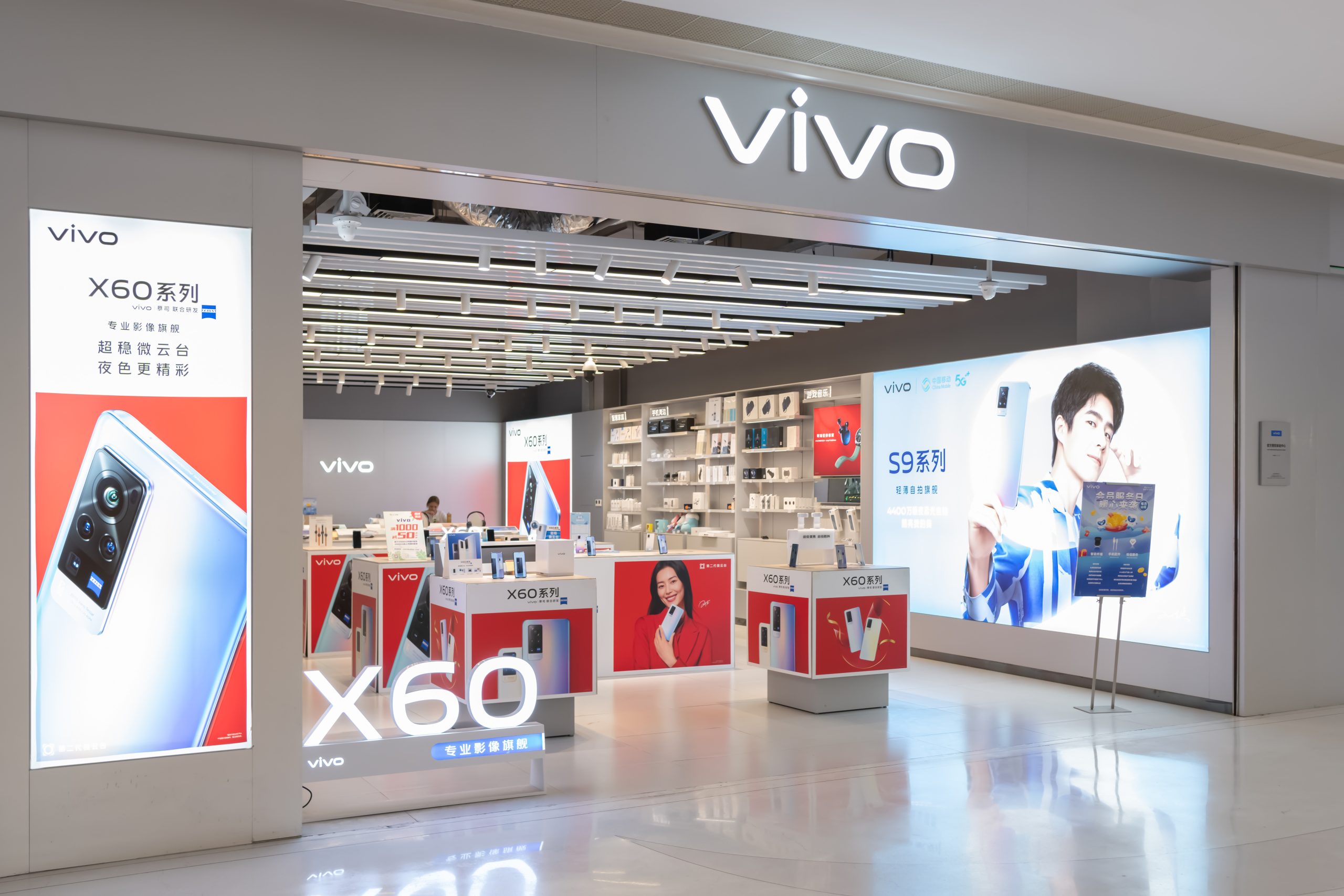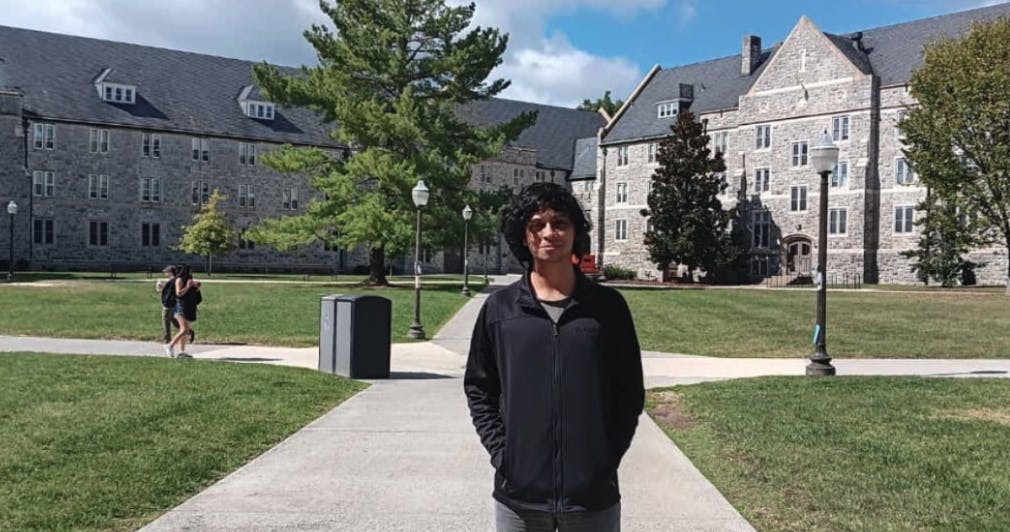A consortium of top U.S. cancer centers has developed an AI platform that trains models on clinical data from multiple institutions while protecting patient privacy, with the goal of cutting the timeline for new discoveries in cancer research from years to months.
Officials with the Cancer AI Alliance (CAIA), led by Seattle’s Fred Hutchinson Cancer Center, say the approach will help researchers identify patterns across larger and more diverse patient populations than any single institution would have access to on its own.
The alliance, announced a year ago, also includes Dana-Farber Cancer Institute, Memorial Sloan Kettering Cancer Center, and Johns Hopkins University, with support from Amazon, Microsoft, Google, Deloitte, Slalom, NVIDIA, and Seattle’s Allen Institute for AI (Ai2).
“Literally, 10 minutes back, we were able to get to a result that nobody has seen ever before … because nobody has been able to run that analysis across four cancer centers’ data,” said Bodhisattwa Prasad Majumder, an Ai2 research scientist, in an interview Monday afternoon.
Members of the alliance spent much of the past year building a system that allows AI to learn from data spread across institutions without pooling patient records in a central database.
The system is a federated learning platform: models are trained locally on de-identified data inside each institution’s firewalls, and only summaries of those learnings are shared. Those summaries are then combined to improve the strength and accuracy of the models.
“It cannot be overstated how momentous it is that we came together to launch this platform in just one year, and we did it as a unified alliance with a shared mission to eradicate cancer,” said Brian M. Bot of Fred Hutch, director of the CAIA strategic coordinating center, in a news release.
Ai2 adapted its new Asta DataVoyager system for the alliance, enabling the tool to analyze data across cancer centers without moving or exposing patient records. The Seattle-based institute is officially launching DataVoyager this week as part of its broader Asta platform for scientific research.
The Ai2 tool works as an AI agent, allowing scientists to ask questions of the data in plain language and receive clear answers backed by reproducible code and visualizations. This gives clinicians and researchers who aren’t coders the ability to explore the data and generate insights on their own.
According to the Cancer AI Alliance, researchers at the participating centers have begun eight projects using the platform — focused on areas including predicting treatment response, identifying biomarkers, and studying rare cancer trends across larger patient populations.
The alliance says it plans to scale up the system over the next year, adding more cancer centers and enabling dozens of additional research models beyond the initial projects.
More information about the Cancer AI Alliance is expected to come today at the Madrona IA Summit in Seattle, where the alliance was originally announced a year ago.











